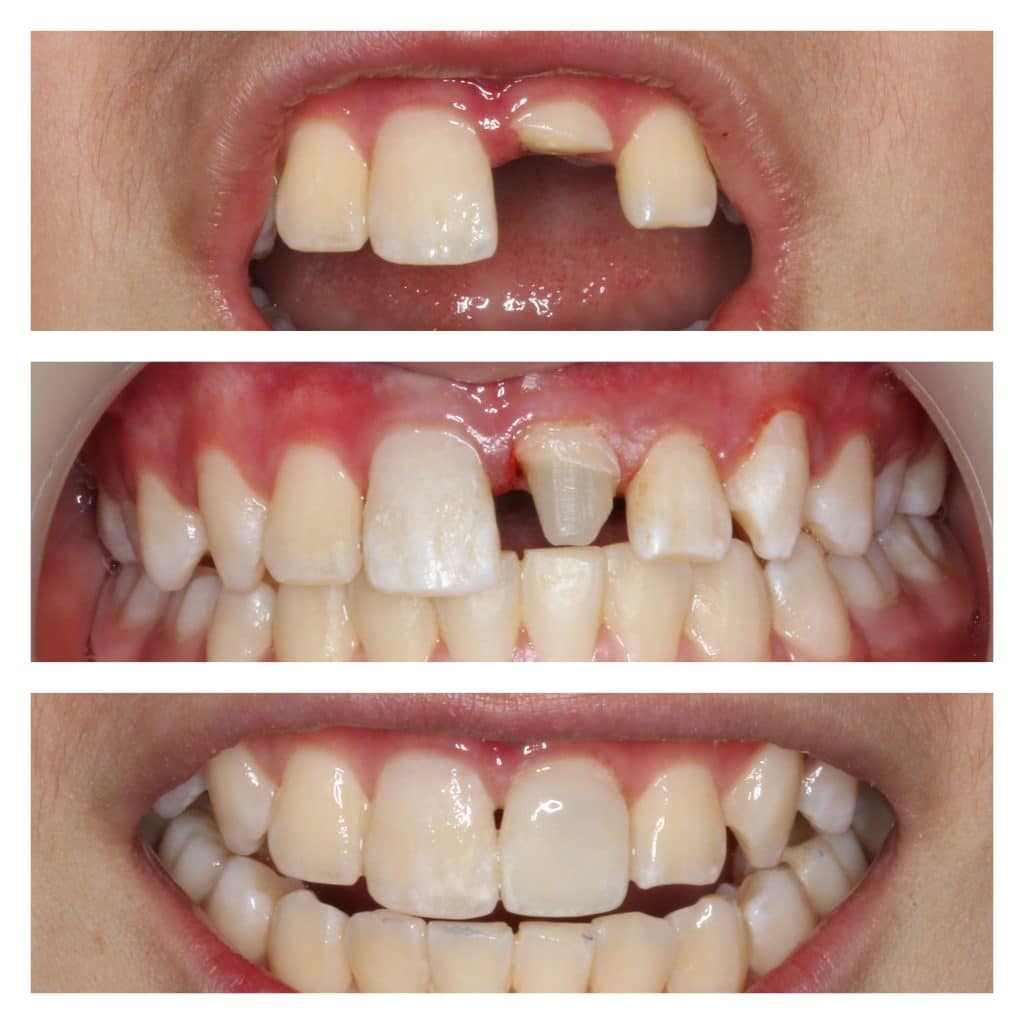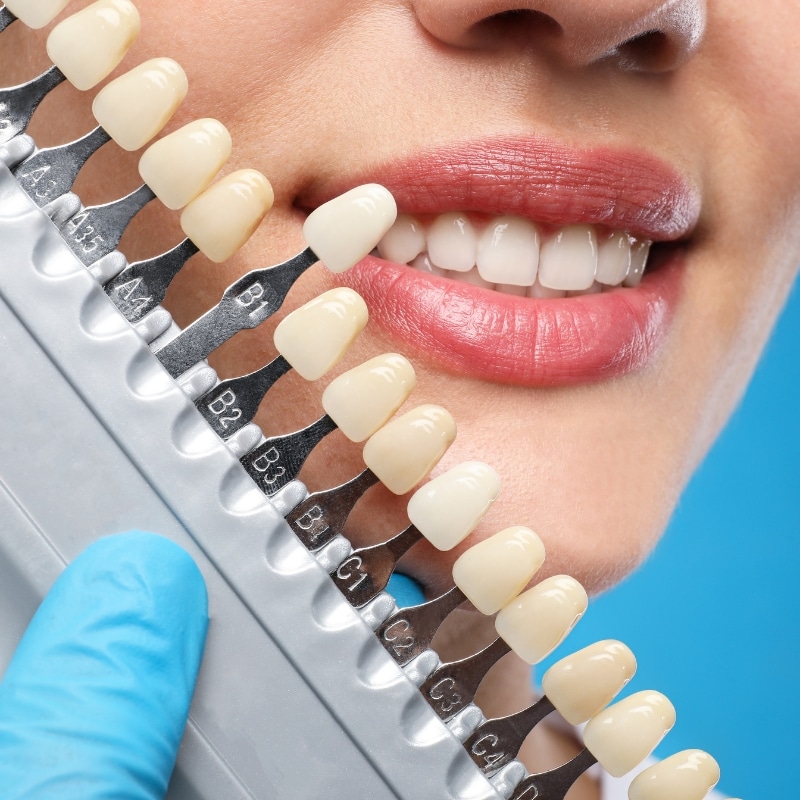Emergency Dental Services In Sydney
A dental emergency can happen at any time—during sport, while eating, or even in the middle of the night. At Marsfield Dental Care, we’re committed to delivering emergency dental services Sydney residents can rely on. Our clinic is equipped to manage urgent situations such as knocked-out teeth, cracked fillings, abscesses, or sudden gum infections.
We understand the stress families experience when a child wakes up with a toothache or an adult suffers unexpected tooth damage. That’s why we prioritise same-day emergency dental appointments, ensuring no one in Sydney has to wait in pain. Our skilled dentists use modern technology to provide fast relief and lasting solutions.
From emergency dental extractions to same-day repairs, we take the time to explain every step, ensuring you feel comfortable and confident in the care you receive. Our team also follows Australian health guidelines set out by the Australian Government Department of Health, reinforcing our commitment to patient safety and quality standards.
Walk-In Clinic for Emergency Dental Treatments
Our clinic accommodates walk-ins for dental emergencies. You don’t need to book weeks in advance. Common situations where walk-in care is essential include:
- Severe tooth pain that prevents sleeping or eating
- A tooth knocked out during a sport or an accident
- Broken braces or dentures that cause injury
- Sudden swelling or abscess in the mouth
Our team will assess your case immediately and provide emergency dental repairs or treatment on the spot. This means you don’t have to delay essential care.
















